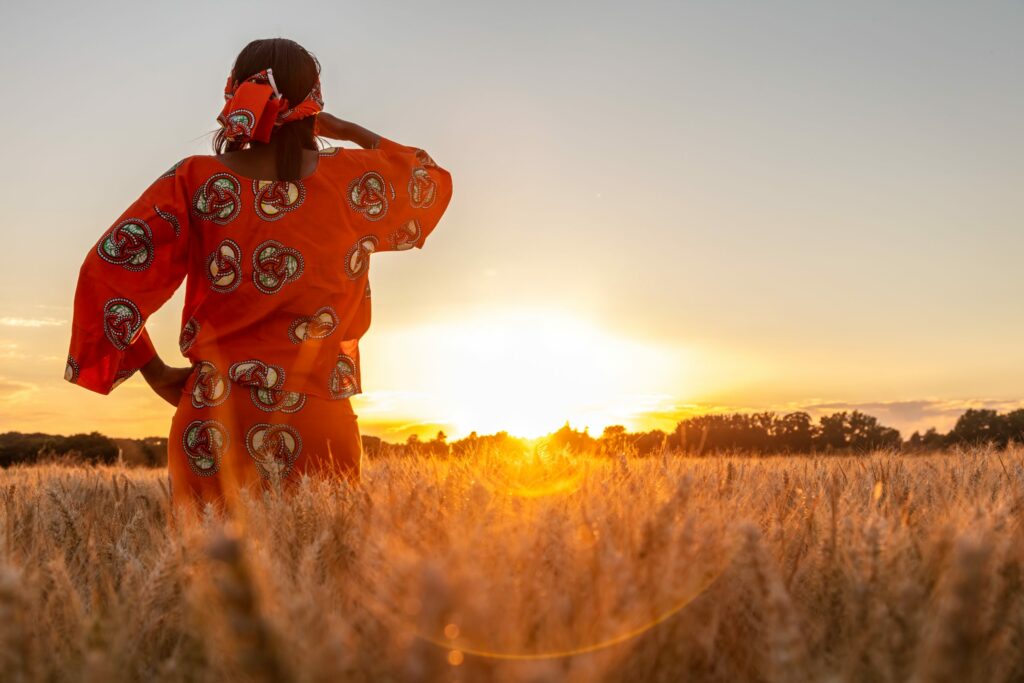Source: Ferdinand Meyer, Johann Kirsten, Tracy Davids, Marion Delport, Hester Vermeulen, Wandile Sihlobo & Lucia Anlich, Agrekon, 15 February 2022, photo credit: 123RF/dmbaker
The agriculture value chain is a complex web of interactions which includes activities within the agricultural sector and various support industries less directly linked to the sector.
Despite being declared an essential service when the COVID-19 regulations were promulgated and lockdown restrictions imposed, the value chain still faced multiple bottlenecks and disruptions that needed to be overcome to ensure food security through this period.
This paper considers such bottlenecks and their impacts on major industries within agriculture, as well as the actions taken to address them. It highlights distributional challenges, which influenced accessibility to vulnerable groups, which was accentuated by the initial exclusion of informal traders from essential services – an omission that was later corrected.
Furthermore, it notes severe impacts on non-food industries such as wine, where trade was restricted, but other sectors performed well and overall, agriculture still grew by 13% year on year and mostly keeping food inflation in check. Key to this performance was that real time communication and reporting mechanisms were put in place, allowing stakeholders to report bottlenecks quickly, from where they could be escalated and addressed through strong collaboration between government and industry.
Read more
The South African Pork Producers’ Organisation (SAPPO) coordinates industry interventions and collaboratively manages risks in the value chain to enable the sustainability and profitability of pork producers in South Africa.
















